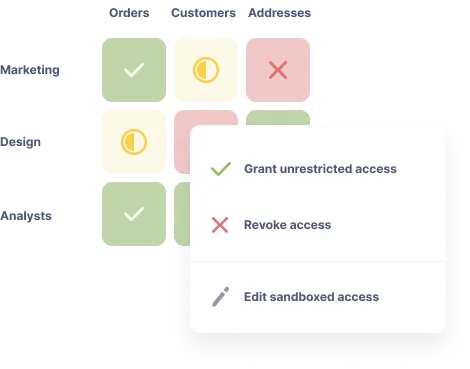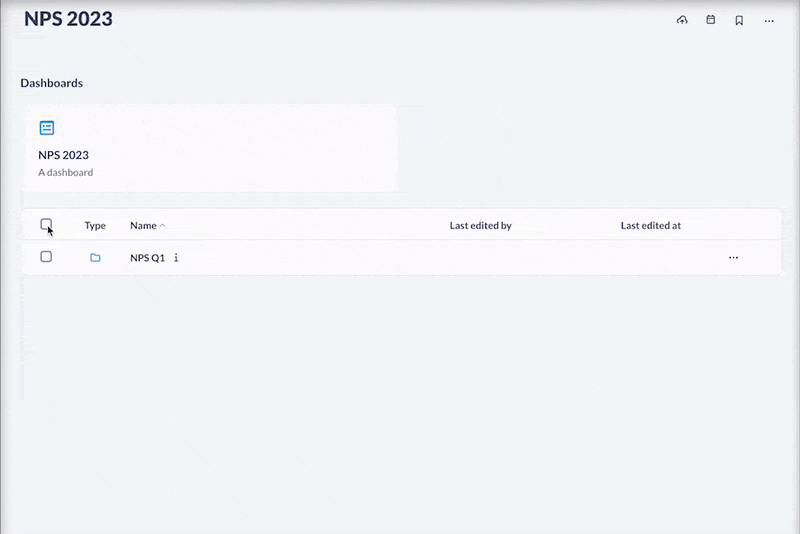
If all goes well, the script will print Done!.Note that the token generated for the migration script is only valid for one hour, and can only be used once. If you're running Docker, the environment variables will already be set, but if you're running the JAR, you'll need to make sure to set any MB_DB_* environment variables you normally use to configure your application database.Execute the script in your self-hosted environmentThe script will upload your application data to your new Metabase Cloud instance, which will overwrite any data in the cloud instance. There is one command for the Metabase JAR, and one if you're running Metabase via Docker.
#METABASE CLOUD DOWNLOAD#
From the Instance settings in your account, in the Migration section, select the version of your self-hosted instance (the one you'll be migrating from) and click Initiate Migration.Follow the migration instructionsYou'll get a command to run that will download a script to manage your migration. You can play around with your new instance if you like just know that any questions or dashboards you create will be overwritten when you upload the application data from your existing, self-hosted Metabase instance.Generate a migration scriptVisit your Metabase Store account.

You'll get a brand new instance of Metabase Cloud.
#METABASE CLOUD TRIAL#
Sign up for a free trial of Metabase Cloud. Let's walk through it.Create a trial Metabase Cloud instanceThe first thing to do is to create a new home to migrate to. The process itself is largely automated, but it's unique to your instance. See Backing up Metabase Application Data.Migrate to Metabase CloudNow you're ready to start the migration process. The idea here is to prevent people from creating more questions or dashboards that could put your instance in an inconsistent state during the migration.Back up your application databaseIn the unlikely event that something goes wrong, you'll want a backup. The migration process usually takes less than 15 minutes.Shut down your Metabase instanceAll you need to do is stop the Metabase JAR process or Docker container to make sure your Metabase has shut down. If you have any problems upgrading, we can get those resolved before migrating to Metabase Cloud.Schedule some downtimeBe sure to let your users know that your Metabase instance will be unavailable for the duration of the migration (ideally during off-hours).
#METABASE CLOUD UPGRADE#
The actual migration process shouldn't take more than 15 minutes, but you'll need to take care of a few odds and ends before and after migrating to make sure the everything goes off without a hitch.Prepare to migrateBefore you migrate:Confirm you have the right accessIn order to migrate, you'll need shell access to your self-hosted Metabase environment, and your Metabase environment will need access to the Internet.Upgrade to the latest version of MetabaseFollow the instructions outlined in our upgrade guide to bring your Metabase up to speed. You'll get a script that will automate dumping your application data - your questions, dashboards, collections, users, and other data specific to your instance - from your self-hosted Metabase to your new home on Metabase Cloud.

Then you'll sign up for a free trial of Metabase and initiate a migration.


And don't stress if anything goes wrong, we're here to help.How it's going to work: you'll prep for the migration, including upgrading to the latest Metabase version. Source: Metabase Blog Metabase Blog Migrating to Metabase Cloud Ready to move your existing Metabase instance to Metabase Cloud? We've put together this guide to make sure your migration goes as smoothly as possible.


 0 kommentar(er)
0 kommentar(er)
